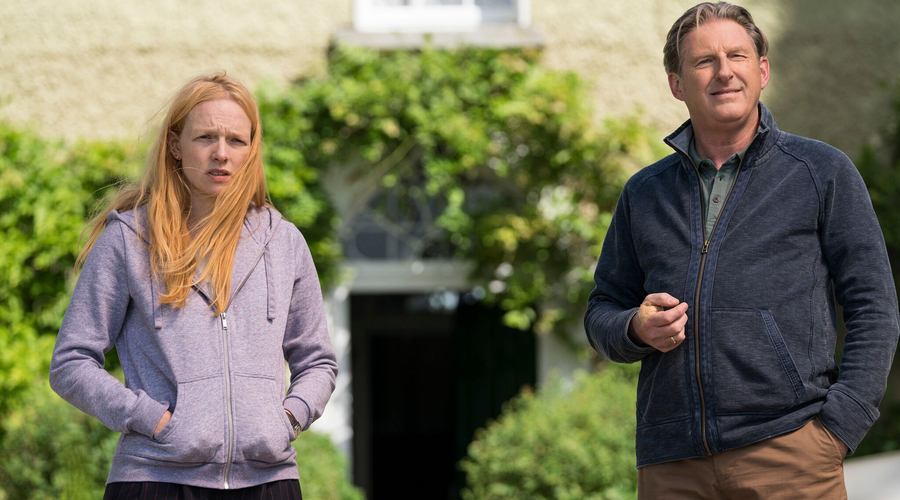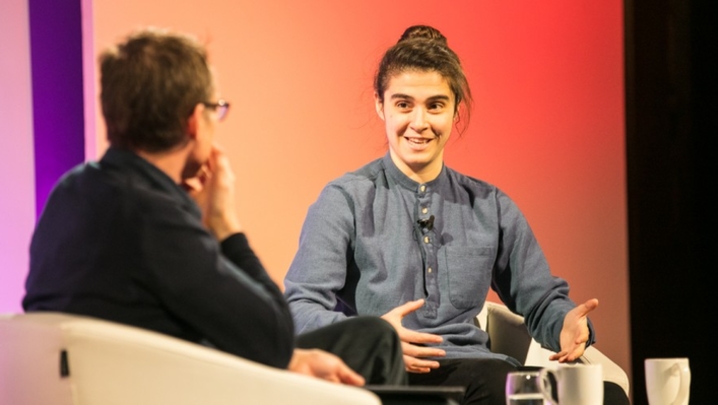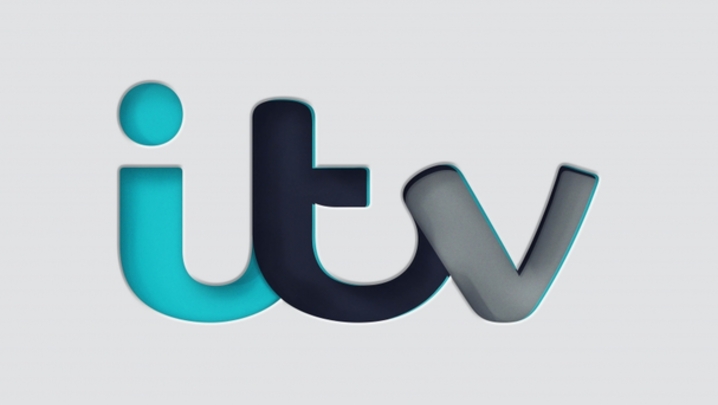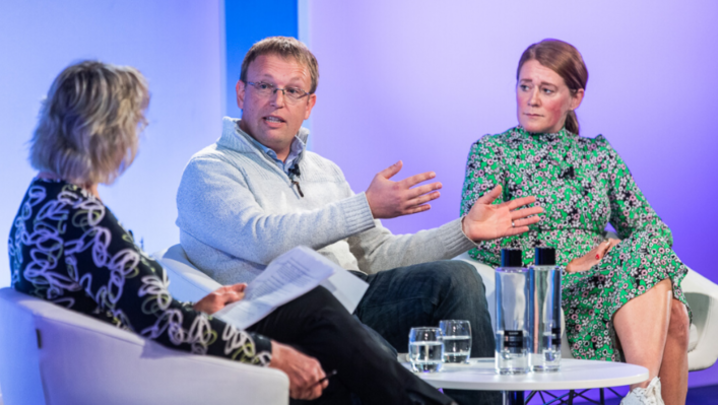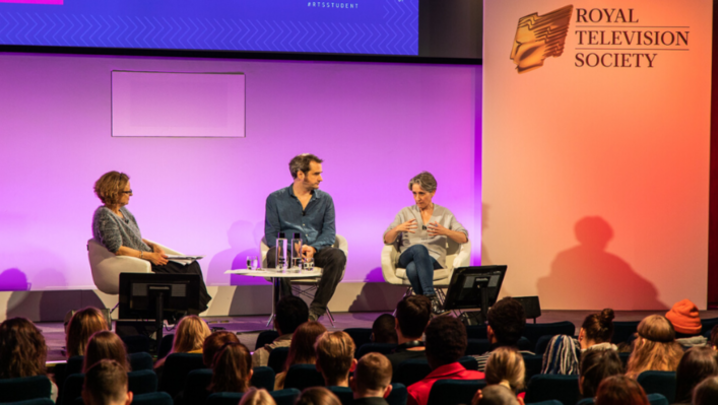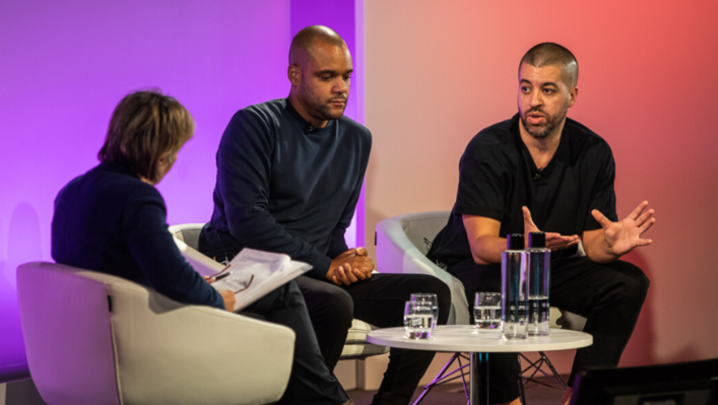Linear television is in rude health, argued Bill Malone in his Dan Gilbert Memorial Lecture at the Metropolitan Arts Centre, Belfast in mid-November.
Virgin Media Television’s director of programming said: “We’re constantly being told that linear TV is dead, but the facts actually present a different picture.”
In Ireland, Virgin Media is “bucking the trend and showing continual growth in audiences”, a result, he claimed, of a “notable step up in [the] scale, ambition and quality” of programming.
Virgin Media Television acquired Ireland’s largest commercial free-to-air broadcaster, TV3, in 2015, renaming it Virgin Media One earlier this year. The Dublin-based broadcaster operates three linear channels – Virgin Media One, Two and Three – plus Virgin Media Sport (which has the rights to Champions League football) and on-demand video service Virgin Media Player.
Malone, who left RTÉ2 to join TV3 two years ago, argued that Virgin Media Television’s growth was “rooted in the principle of putting our audiences first”, pushing “quality Irish programming in all genres”. He added that “a lot of things commercial broadcasters don’t do, we’re doing”, including investing in news and current affairs beyond regulatory requirements.
The broadcaster’s strategy, Malone said, is to build “strategic partnerships across borders – local TV [is] becoming increasingly global in outlook”.
The exec discussed Virgin Media One’s Blood, a co-production between Company Pictures in the UK and Dublin-based Element Pictures. Sophie Petzal, who gave the RTS Student Masterclass in drama this year, wrote the thriller, which stars Adrian Dunbar. It aired on Channel 5 in the UK.
“The ambition with this [type of] show is to make something of world standard, Rolls Royce quality that will resonate with Irish audiences but also have an impact internationally,” said Malone.
“The TV drama sector is, in effect, the new film industry. Projects like Blood create more interest in Irish content abroad,” he added. “These stories can travel like never before.”
Virgin Media Television has signed partnerships with, among others, Netflix, Sky, the BBC and ITV, which are key to remaining competitive. “International partnerships and co-funding have now become an essential part of the day-to-day business in a more global broadcasting landscape,” argued Malone.
The lecture is given in memory of Dan Gilbert, a former radio current affairs editor at the BBC and a major figure within the Northern Ireland broadcasting community. In recent years, the lecture, which is organised by RTS Northern Ireland, has been part of the Belfast Media Festival.

